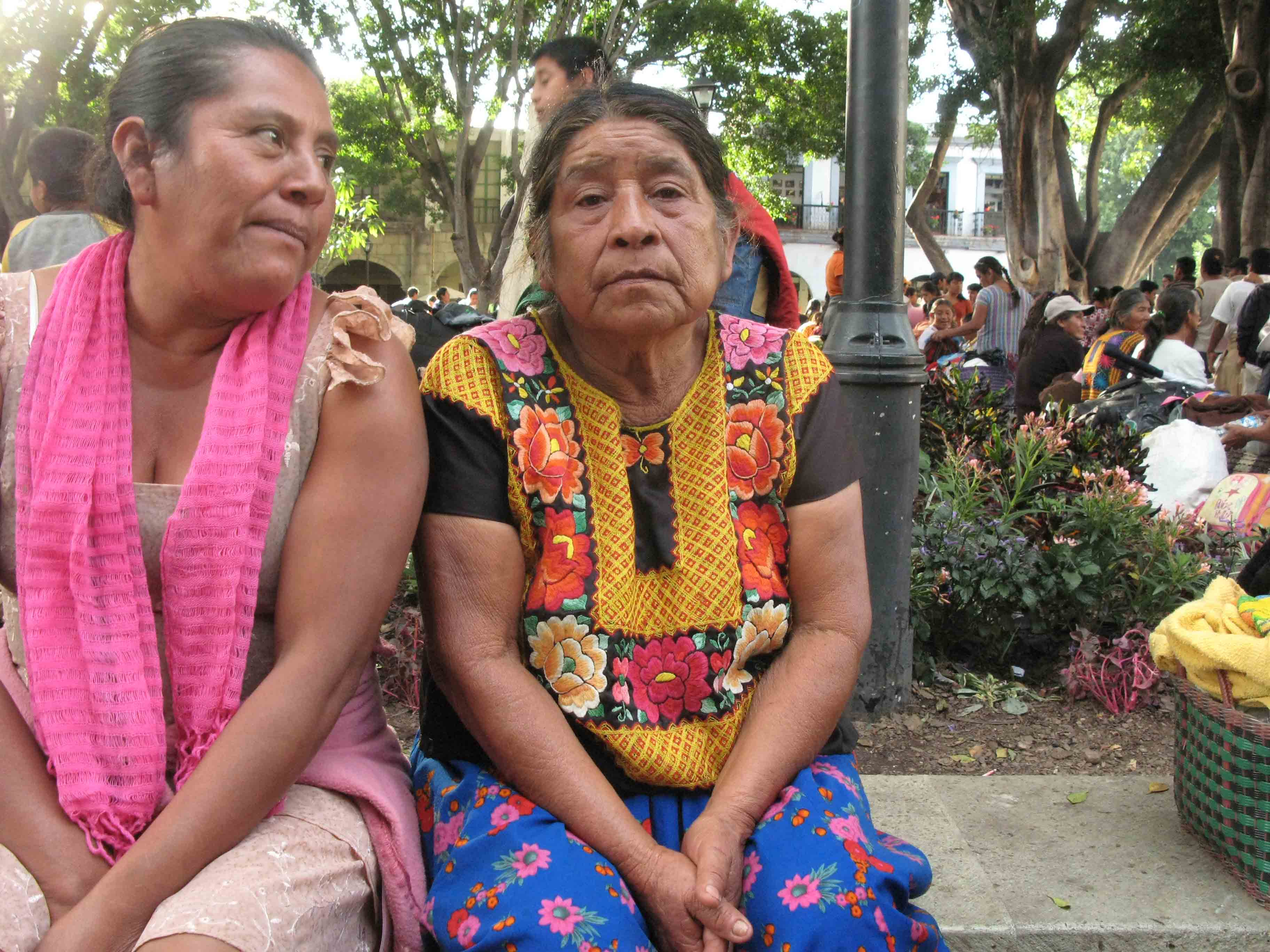OUTSIDE the main hospital in San Cristóbal de las Casas, women in traditional multicoloured garb queue up to see a doctor. Many are pregnant or carry infants on their backs. One expectant mother says she fears there will not be a bed for her when she enters labour—all too common in the overcrowded hospital. Tales of deaths from hypertension, haemorrhage or infection during or after giving birth are common in the second city of the state of Chiapas. In a nearby village, one doctor recalls a woman whose journey took so long that she died on the street outside his clinic.
Maternal mortality in Mexico has fallen by 36% since 1990, but it is still higher than in other Latin American countries. The problem is far worse among Indians and in the poorer south. Mothers in Chiapas, Oaxaca and Guerrero states die in childbirth 70% more often than the national average, and indigenous women are three times less likely to survive birth than non-indigenous women. Most of these deaths are preventable.
One of the first obstacles for a pregnant woman is transport. To reach a doctor you need to get a car, a driver, petrol, and someone to take care of the other children. The roads to the nearest town hospital are often slow and dangerous. As a result, many women—including one-third of Indian mothers—give birth without any medical help at all...
Read the full story at The Economist.




